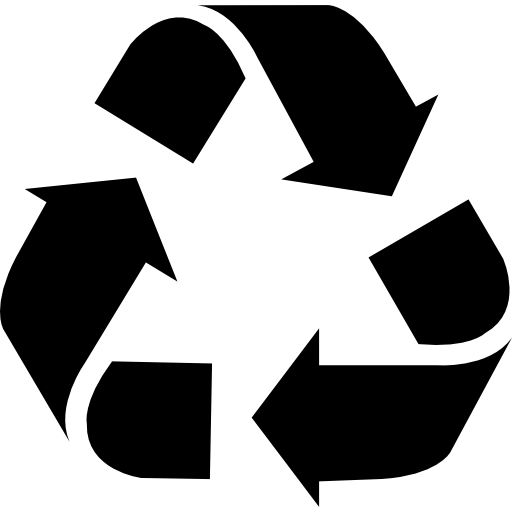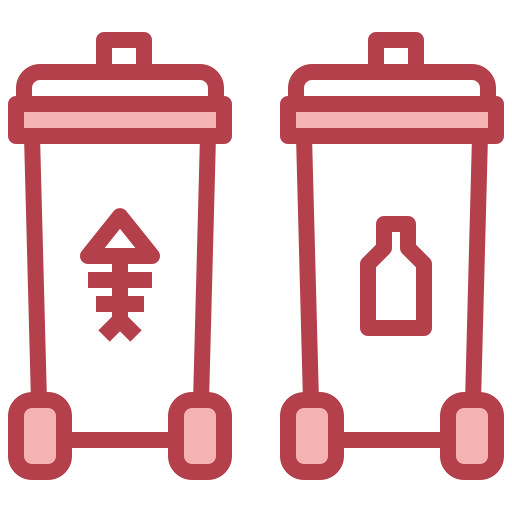
Waste Reduction & Prevention.
Waste reduction and prevention strategies aim to minimize the creation of waste at its source. This involves promoting responsible consumer behavior, discouraging the use of disposable items, and advocating for sustainable alternatives. By urging a reduction in packaging and encouraging mindful consumption, communities and businesses can actively contribute to a broader goal of lessening the overall environmental impact of waste.

Recycling Programs.
Recycling programs are designed to divert materials from landfills by recovering and reusing them. The establishment of effective recycling initiatives, investment in infrastructure, and education on proper recycling practices are critical components. This priority underscores the importance of creating a circular system where materials are repurposed and reused, reducing the demand for new resources and minimizing the environmental footprint associated with extraction and production.

Waste Segregation and Collection.
Waste segregation and collection involve organizing waste streams at the source and implementing efficient collection systems. Comprehensive waste segregation ensures the separation of recyclables, organic waste, and non-recyclables. Organized collection systems, including curbside pickups and strategically located disposal centers, enhance the effectiveness of waste management practices. Public education plays a pivotal role in encouraging individuals to participate in proper waste segregation.

Circular Economy Practices.
Circular economy practices emphasize a regenerative approach to resource usage, focusing on minimizing waste and maximizing the reuse and recycling of materials. Encouraging circular product design, sustainable manufacturing, and the creation of markets for recycled materials are key aspects. This priority envisions a closed-loop system where products are designed with recycling in mind, contributing to a more sustainable and environmentally friendly approach to resource utilization.